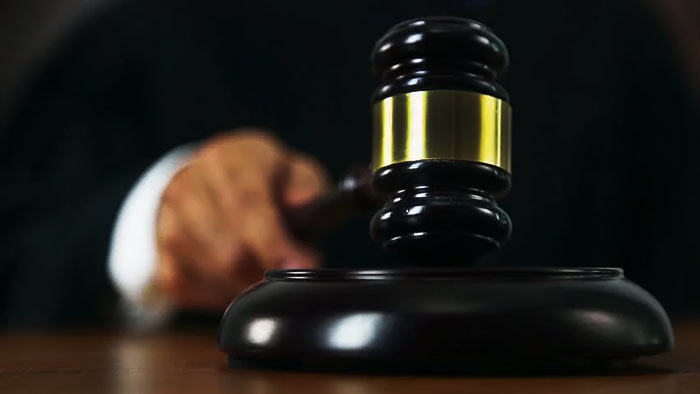Court issues order preventing protestors from entering Galle Face Green
Posted by Editor on January 16, 2023 - 3:10 pm

The Colombo Fort Magistrate’s Court has issued an order prohibiting a group of protesters from entering the Galle Face green in Colombo from Lipton’s Circus via Union Place today (January 16).
The relevant order has been issued by Colombo Fort Magistrate Thilina Gamage based on the request made by Slave Island Police.
The protest march has been organised by the Inter University Students’ Federation (IUSF).
However, the court order has further mentioned that the protestors will be allowed to carry out the protest they have organised peacefully, without entering the Galle Face Green.

Latest Headlines in Sri Lanka
- COPE uncovers irregular NMRA certification process March 14, 2025
- Anuradhapura Hospital Director removed following doctor’s assault March 14, 2025
- Popular rapper Shan Putha arrested with firearm March 14, 2025
- Batalanda commission report tabled in Sri Lankan Parliament March 14, 2025
- Female Grama Niladharis withdraw from night duty over security concerns March 14, 2025



FOLLOW THE EXAMPLE OF THE UNITED KINGDOM. FROM THE BBC WEBSITE (https://www.bbc.co.uk/news/uk-56400751) :- A series of controversial changes to the way protests are policed will shortly become UK law.
They are part of the Police, Crime, Sentencing and Courts Bill, which includes major government proposals on crime and justice in England and Wales.
The bill has passed through parliament and will receive royal assent to become law in the next few days.
How will the bill change those powers?
Police chiefs will be able to put more conditions on static protests, such as those organised by Extinction Rebellion where roads and bridges are occupied. They will be able to:
Impose a start and finish time
Set noise limits
Apply these rules to a demonstration by just one person
So if a single individual was holding a placard while sharing their views via a loudspeaker, and refused to follow police directions about how they should conduct their protest, they could be fined up to £2,500.
It will also become a crime to fail to follow restrictions the protesters “ought” to have known about, even if they have not received a direct order from an officer.
Previously, police have needed to prove that protesters knew they had been told to move on, before they could be said to have broken the law.
The new law also includes an offence of “intentionally or recklessly causing public nuisance”.
This is designed to stop people occupying public spaces, hanging off bridges or employing other similar tactics.
Another measure clarifies that damage to memorials could lead to up to 10 years in prison. This follows the toppling of the statue of slave trader Edward Colston in Bristol.